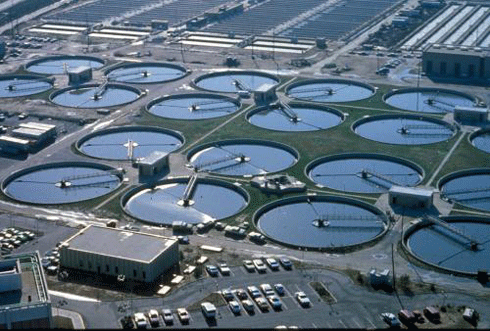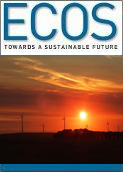
|
Published: 27 August 2012
Award-winning process squeezes value from sludge
Australian researchers have won a global award for a process that creates a valuable product from the chemical sludge left after water recycling. The treatment turns sludge into titanium dioxide, a non-hazardous product used across a range of industries.
The world-first process, based on research by Dr Hokyong Shon from the University of Technology Sydney (UTS), has won a Global Honour Award in the category of applied research at the 2012 International Water Association (IWA) Project Innovation Awards.
The collaborative project between the UTS, Korean company Photo & Environmental Technology and Shandong University in China had earlier won the same category in the IWA Asia Pacific regional awards. The UTS research is fully patented internationally and has been supported by CRC CARE project and ARC Linkage International.
‘Traditional water recycling methods often result in chemical by-products that can't be recycled and don't biodegrade. This chemical sludge is often disposed of by burning or being buried in landfill,’ said Dr Shon.
‘This presents an obvious downside to the very valuable process of recycling water.
‘However, with water at a critical shortage in many places in the world, we need to find ways to mitigate the damage so that water recycling and treatment can continue to provide clean water where it is needed.
‘Titanium dioxide has a range of practical applications in the environmental and energy industries, among others. It can be used in environmental photocatalysts, construction materials, cosmetics, paper, printing inks and even in the treatment of cancer.
‘This method will substantially reduce the amount of non-recyclable chemical waste that is being dumped in landfill every year, will significantly lower the cost of disposing of the waste and will also give us access to a new supply of economically valuable titanium dioxide.’
The Project Innovation Awards are an international competition that celebrates innovation and excellence in water engineering.
Awards are contested in six categories (applied research, design, operations/management, planning, small projects, marketing/communications) across four geographic regions (East Asia, West Asia, Asia Pacific and North America). The winners in each region are then considered for the IWA Global Project Awards.
Source: UTS




